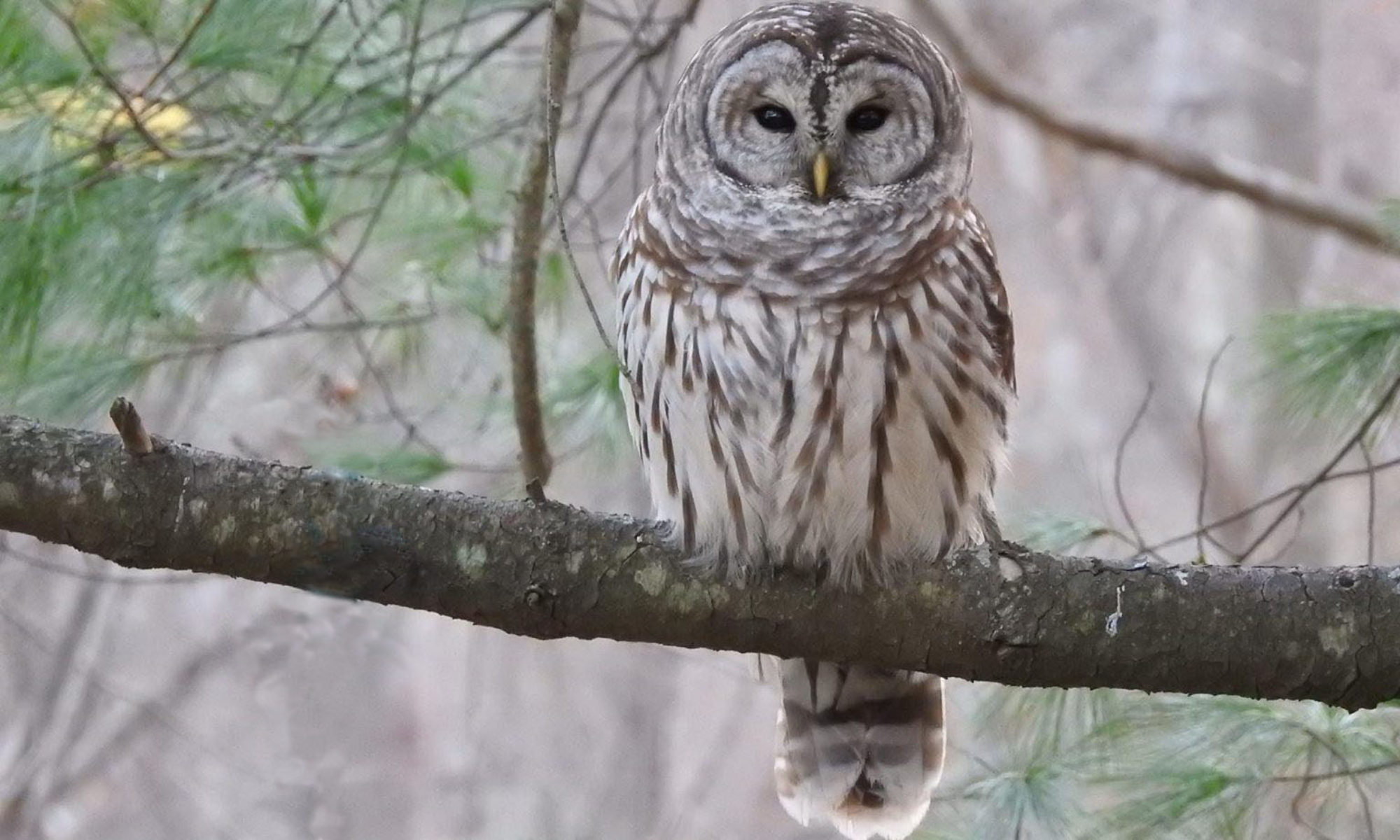In this installment, we interview the founder of Birdability, Virginia Rose. Birdability’s mission is to “share the joys of birding with people who have disabilities, and to ensure birding is accessible for everybody.” Through Birdability, contributors have mapped more than 700 birding sites, evaluating each for its safety and accessibility. Birdability has enlisted volunteer “Captains” across the Americas to expand these efforts, lead inclusive birding events, and advocate for accessibility improvements.
BwP: What is your vision for Birdability? What’s success?
VR: I have so many goals for Birdability! I want every accessible birding site to be pinned on the Birdability Map in the US and beyond. I want those sites that are currently inaccessible to become accessible if possible. I want all birders who have access challenges to know where to bird safely. I dearly want to find people with access challenges and introduce them to birding so they can know the joy birding has brought me! Success is making inroads in these directions for the rest of my life.
Are the managers of birding areas open to making changes to improve their Birdability ratings?
Yes. I think people are excited to make sites more accessible. It is up to all of us to help make that happen. It is never one person shouldering the responsibility for improvement. Whenever I approach someone about improving a site, it is with a positive attitude, a helping energy, an inspiring solution and a partnering spirit. I believe people want to help.
You’ve spoken of how meaningful it was for you the first time you could join in the scope line, thanks to your own ingenuity and some deft work by a local camera store. Do you find that adaptive technologies are improving?
I have been in a wheelchair for 48 years, and I saw adaptive technologies in place from the get go. I think the technology has been advancing steadily. As people with accessibility challenges see increased opportunities for access, they are becoming more empowered to seek out adaptive equipment. Optics and camera manufacturers are starting to pay attention! I have seen adaptive harnesses, an increase in the use of monoculars, table-top tripods. I foresee a lot more adaptive equipment for people with accessibility challenges in the future.
Birdability has an adaptive equipment page on its website where people can get [specs for] an attachment like mine. I am rather shameless when it comes to asking for help, especially when it comes to pursuing a passion. I believe people want to help!
I imagine you’ve met quite a few birders with accessibility challenges. Is there a story that stands out?
Actually, for years I was the only birder I knew with an accessibility challenge! Only after I founded Birdability in the last couple of years have I met some amazing birders with accessibility challenges. Blind birders or birders with low vision, birders who are quadriplegics, birders with Multiple Sclerosis, and countless others, each of whom is managing a world with really difficult circumstances, inspire me beyond words. The courage and capacity and spirit of every single access-challenged person I have met reinforce my determination to ensure that birding is accessible to everybody!
How supportive is the Austin birding community?
Travis Audubon has been an amazing source of support for me from the beginning. Eighteen-ish years ago when I began attending classes and field trips in my manual chair, I had no reservations. Perhaps I should have, but I did not and neither did anyone at Travis Audubon though I was the first person with a wheelchair to participate. Classes and TAS meetings were all accessible. My parents taught me to pick up the phone if I had any questions. I called the field trip leaders ahead of time to introduce myself and explain my situation. I made it known that I did not want to impose on them or others on the trip, that I was very independent and happy to bird on my own if the trip included some inaccessible trails.
Essentially, TAS let me do what I could, helped when I asked, and watched and learned. In short, Travis Audubon provided a fabulous space for me to bird and to join a community unlike any I had known before. These folks accepted me on every level.
It seems fitting to close on that note, but before we end, a brief questionnaire:
- You won’t know until you go!
- Difficulty and uncertainty lead to empowerment and joy!
- Rediscover your explorer! He or She is probably your best self!
- Pay attention!
